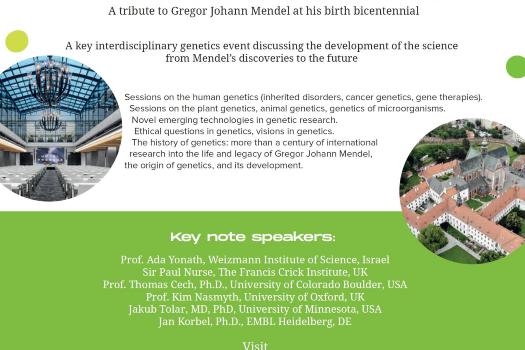About Society
Czech Society for Gene and Cell Therapy is a professional scientific society representing physicians and scientists engaged in gene and cell therapy in the Czech Republic. The main mission of the society is to support research in the field of gene and cell therapy and its clinical application, to support education of the professional public, and also to raise awareness of the general public about gene and cell therapy.
Membership
Membership in the Czech Society of Gene and Cell Therapy also brings the following benefits:
Possibility of official consultation of relevant professional issues with the company committee.
Invitations to events organized or co-organized by the Czech Society of Gene and Cell Therapy.
GSK has received approval from the European Medicines Agency (EMA) to launch the first stem cell gene therapy on the EU market. The active ingredient of the trade name Strimvelis is an autologous cell fraction that is enriched in CD34 cells transduced with a retroviral vector encoding the human adenosine deaminase (ADA) cDNA sequence. The product is intended for suitable patients suffering from very rare ADA-SCID (severe combined immunodeficiency...
There has been evidence for a long time that daily alcohol consumption increases the risk of some cancers. However, the mechanism was not clear. A new study, published in Nature magazine, has now found that alcohol can irreversibly genetically damage stem cells, opening the door for tumor growth. Its authors studied the effects of alcohol on mice by removing genetically manipulating a system that eliminates acetaldehyde from the body by the enzyme ALDH2, as well as a mechanism that ...








